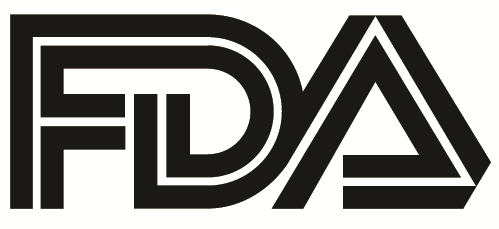Article
FDA Approves First Drug to Treat Neurological Disorder Tardive Dyskinesia
Author(s):
This FDA approval could relieve patients of several neurological side effects.

The US Food and Drug Administration (FDA) today approved valbenazine (Ingrezza/Neurocrine Biosciences, Inc.) to treat adults with tardive dyskinesia — a neurological disorder characterized by repetitive involuntary movements, usually of the jaw, lips and tongue, like grimacing, "sticking out the tongue, and smacking the lips".
Some patients have also reported difficulty in breathing or involuntary movement of their extremities.
Officials reported this was the first drug approved by the FDA for the condition.
The approval followed data showing the efficacy of Ingrezza compared to a placebo in a clinical trial including 234 patients. After a 6-week period, patients who and received valbenazine experienced significant improvement in the severity of “abnormal involuntary movements” compared to the placebo group.
According to researchers, tardive dyskinesia is a severe side effect often seen in patients who have been treated with antipsychotic medications, particularly the older medications, for long time periods to treat chronic conditions, like schizophrenia and bipolar disorder.
Tardive dyskinesia can also occur in patients taking antipsychotic medications for depression and certain medications for gastrointestinal disorders and other conditions. However, there is insufficient research pinpointing why some people administered these medications develop tardive dyskinesia while others do not.
The most commonly reported adverse events of Ingrezza included sleepiness and problems with heart rhythm. Researchers warn that the capsule should be avoided in patients with congenital long QT syndrome or with abnormal heartbeats associated with a prolonged QT interval.
Ingrezza was awarded Fast Track, Priority Review, and Breakthrough Therapy designations.



